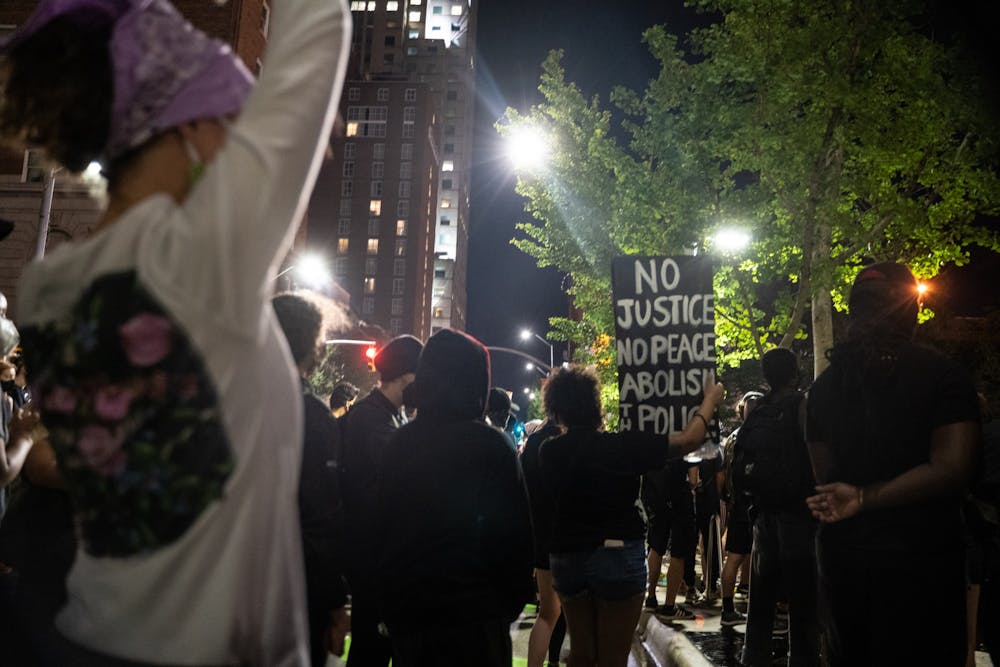The 2020 presidential election brought with it many historical milestones: a wave of once-red states turning blue for Joe Biden, the first woman of color elected to be vice president and record voter turnout. However, if there is one takeaway from this election, it is that white people must practice better allyship to communities of color, especially Black Americans.
According to exit polls from The New York Times, 55 percent of white women voted for President Donald Trump, a candidate whose racism has fueled white supremacy groups and domestic terrorism while perpetuating harmful stereotypes of Black and Latinx Americans. It is no secret that Trump is not popular among Black voters, with 87 percent of Black Americans casting their ballots for Biden.
This issue goes beyond the election. 61 percent of white Americans admitted that they have made no attempt to better understand racial issues in America in the wake of George Floyd’s murder, according to an NPR/Ipsos poll in August. Similarly, only seven percent of white people said they attended a rally or protest after the police killing of Floyd in May. White people are also the least likely to support the Black Lives Matter movement when compared to Black, Hispanic and Asian Americans.
We shouldn't be surprised.
After all, white supremacy has always been a dominant ideology in American politics. It's easy for white people to ignore the systemic oppression faced by communities of color, instead voting to advance their own interests at the expense of others. But this tendency is harmful and only allows such injustices to continue.
Allyship goes beyond merely claiming to not be racist or reposting cutesy Black Lives Matter pictures to your Instagram story — it means speaking out against racism in predominantly white spaces, advocating for change alongside Black communities and, of course, voting to protect the interests of marginalized groups.
When we look for ways to help communities of color, we can be inspired by the work of Stacey Abrams, whose work with Fair Fight and New Georgia Project helped 800,000 people register to vote before the 2020 general election. Many of these individuals were young Black voters, who might have faced Republican-led voter suppression and a lack of representation from the mainstream Democratic Party.
Being a good ally to communities of color means taking steps to educate yourself on issues of racial injustice instead of expecting your Black peers to educate you. Reading literature and staying informed on issues that impact Black communities is an important first step, but your work shouldn't end there. Perhaps most importantly, we can challenge racism within our own social circles — especially when few people of color occupy that space.
As activist Angela Davis once said, “In a racist society, it is not enough to be non-racist, we must be anti-racist.”




